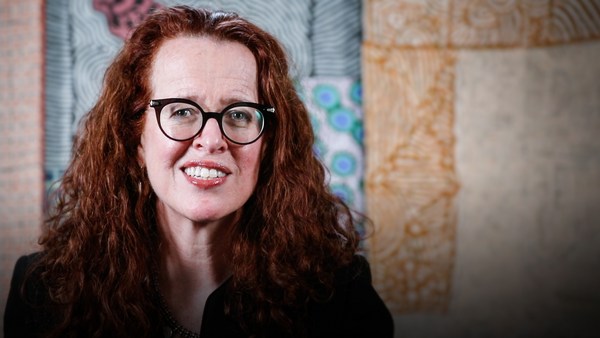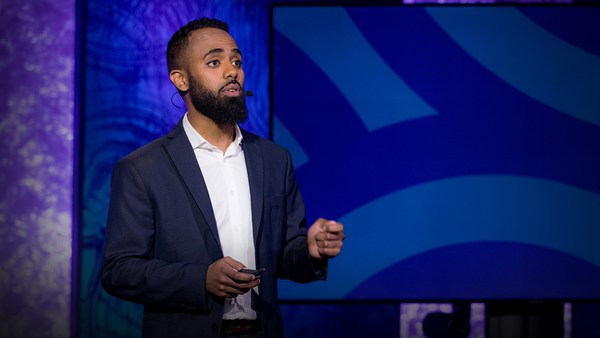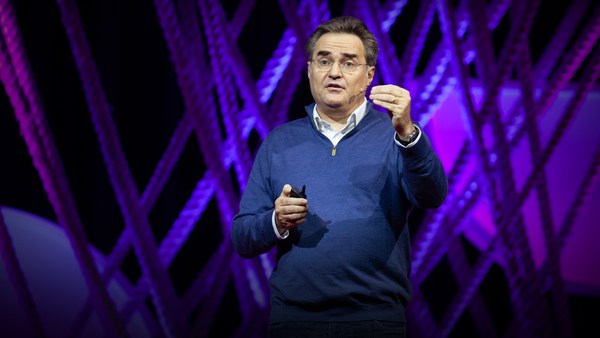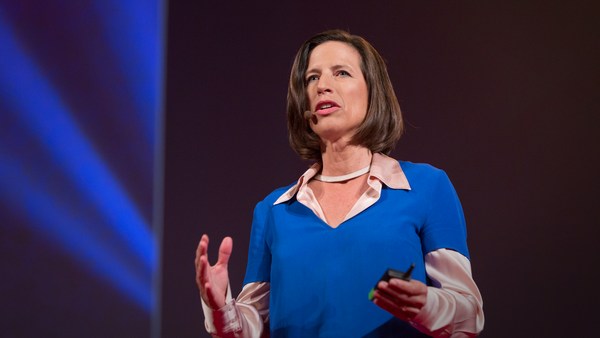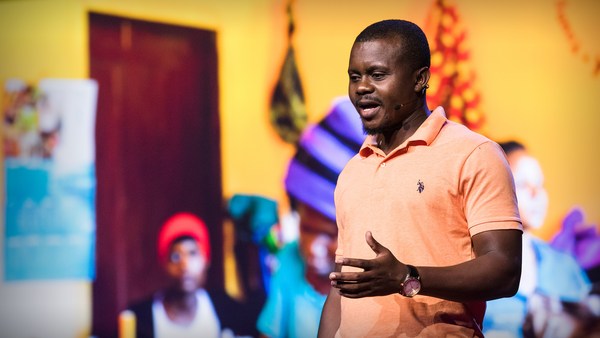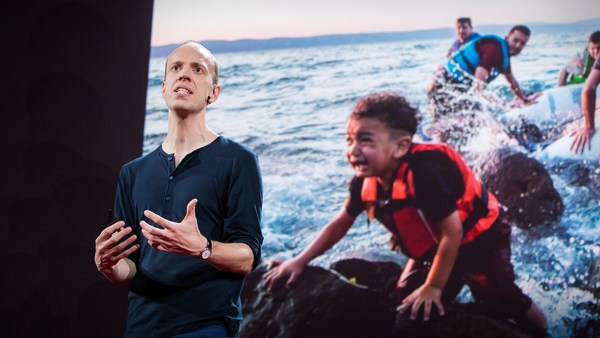My father used to call me Jamila "Gabar Nasiib Nasiib Badan," which means Jamila "The Lucky, Lucky Girl." And I have been very fortunate in my life. My family were originally nomads. And when it rained the night I was born, they stopped in a tiny village that looked a bit like this, where we lived in the next 11 years until drought and a war with Ethiopia forced us to move to Somali's capital, Mogadishu.
When I was 18, my father realized Somalia was headed for a civil war and we are all at risk of being killed. He did his best to get me and my 13 brothers and sisters out of the country. The family was scattered to the wind. I was lucky. I ended up on my own as a displaced person in Kenya, and I was fortunate to come to Australia thanks to a backpacker who I met there.
I was incredibly grateful when the Australian government gave me unemployment benefits while I learned English, but I wanted to find work as soon as I could. I learned about a Japanese restaurant that was hiring, and I thought, "What do I have to lose?" Mami, the woman who ran front of house, figured my poor English might be a problem, so she sent me to the kitchen to meet her husband, Yoshi. Now, Yoshi didn't speak much English either, but we managed to communicate with one another. He hired me as a dishwasher and trained me as a kitchen hand. Now, that couple's kindness set me on a path where hard work and persistence led me to my graduation as a software developer and went on to become a global executive with IBM and later, chief information officer of Qantas Airways.
Now I want artificial intelligence to do at a massive scale what that couple did for me: give disadvantaged people tools to find work, give them the skills to be great at their jobs, get them to do their jobs safely, to give them a break. You hear stories about how artificial intelligence is going to take away jobs and automate everything. And in some cases that might be true, but I can tell you in the real world right now, AI is making amazing things possible for organizations and for people who otherwise would have been left behind. Language, education and location are no longer the barriers they once were.
And to help break down those barriers is one of the reasons I founded my company. Much of our work is in global food supply chains, especially in the meat industry. We use computer vision-based AI to create transparency for consumers and to reward producers who operate ethically and sustainably.
But AI can do much more than that. For example, it can notice unsafe behaviors, like if someone is not wearing their personal protective gear correctly, or someone not following the hygiene procedures, or if someone needs help on how to carry out a specific task because they're not following the recipe correctly. We can make sure people are socially distancing and can provide contact tracing if needed.
We then deliver individualized training to that person's preferred language both in written and audio formats. Now, ability to read or write or to speak the local language are no longer the obstacles they once were. Many of the employees in the food industry are often migrants, refugees or people from disadvantaged backgrounds who might not be able to speak the local language and often might not be able to read or write well. In fact, one of our customers has 49 languages spoken in some of their facilities, with English long way down the list. When we can see opportunities for improvements and then deliver training with that person's preferred language, it makes huge difference to the organization and to its people. And that is only the beginning.
When I was very young -- about five or six years old, living in that tiny village -- one of my jobs was to carry buckets of water from the well to the huts. And I remember putting the buckets down in every 20 meters or so and how the handles digged into my hands. They were so heavy, and I was so scrawny because we didn't have enough to eat. Even though that experience taught me resilience, it's not something I want any other child to go through.
I want to live in a world where people are not limited by local language, by geography, by lack of access to knowledge and training, where everyone is safe at work, when nobody's excluded because they cannot read or write, where everyone can fulfill their potential.
Now AI can deliver this world.
Thank you.
